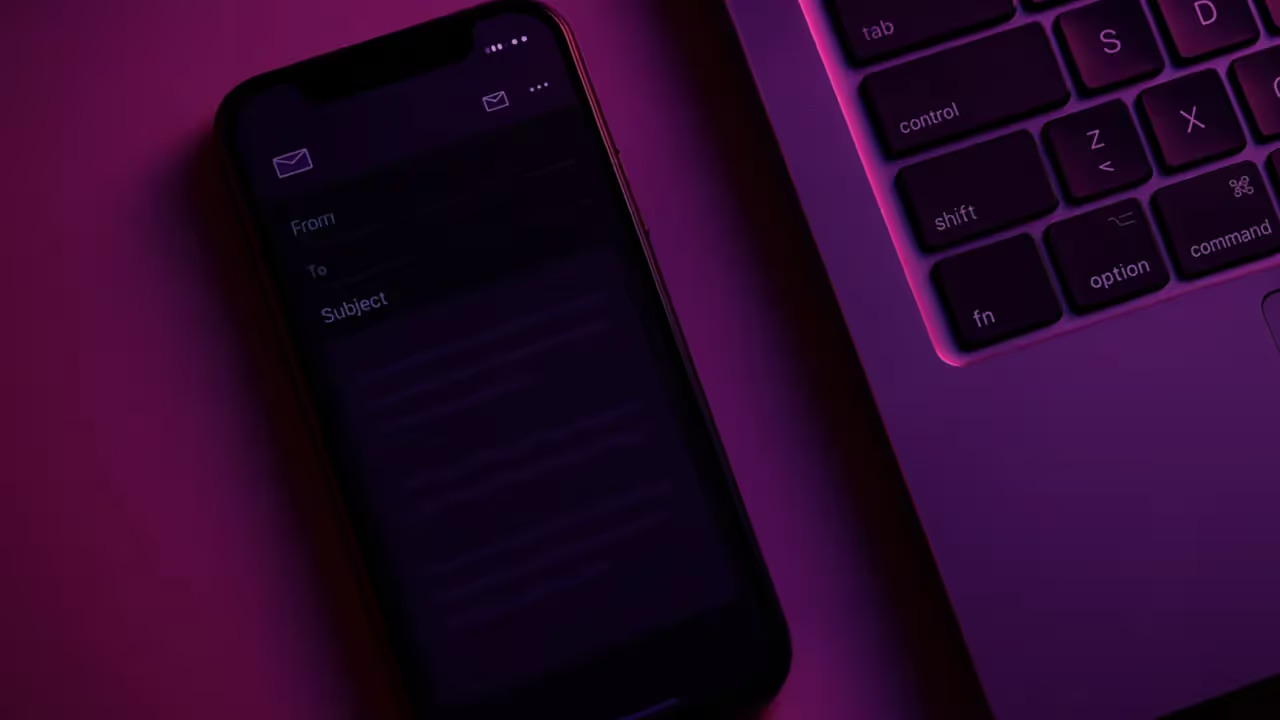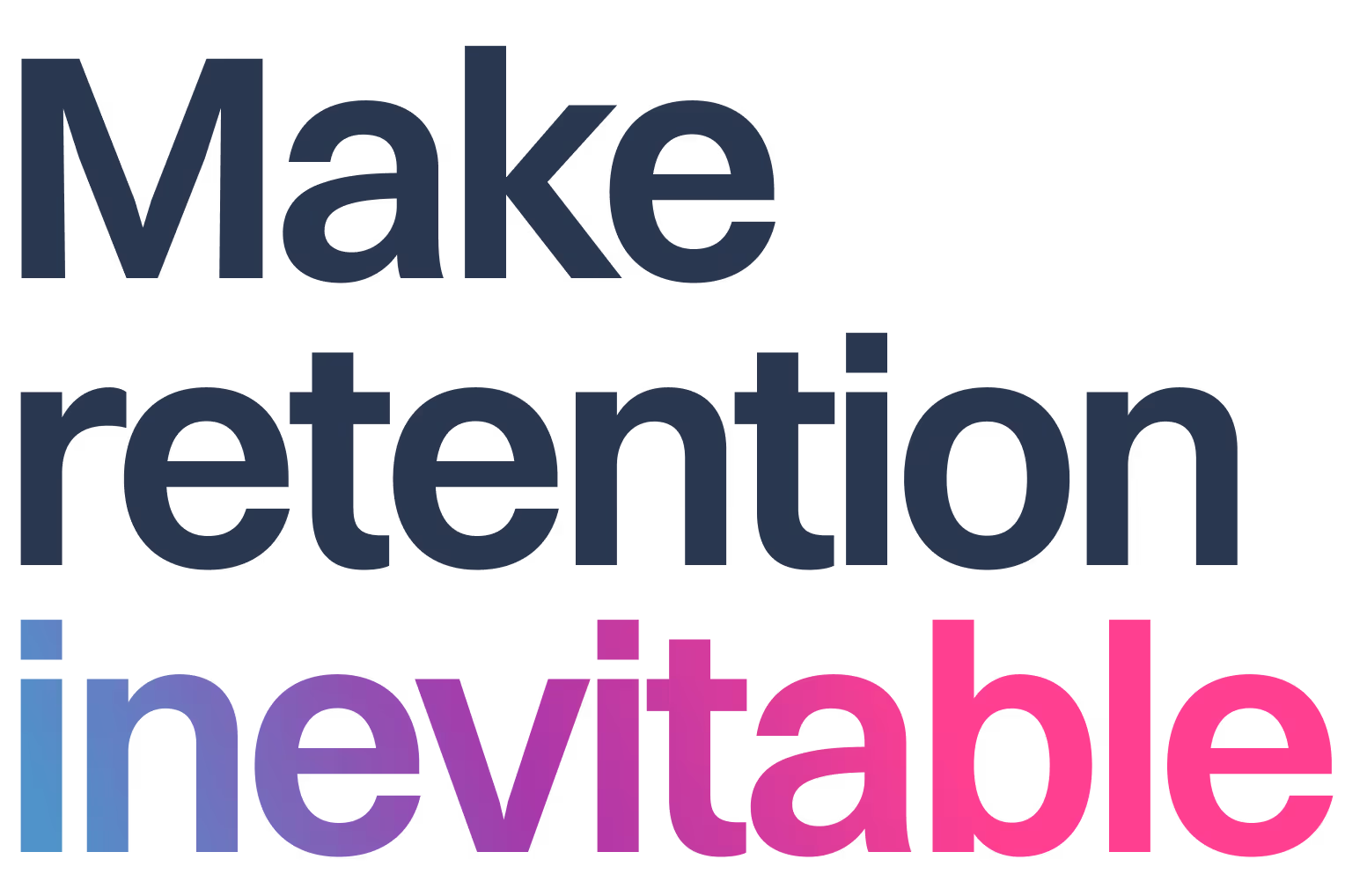WhatsApp for Marketing: Enhance Customer Outreach
WhatsApp marketing transforms how businesses connect with customers through direct, personal conversations. Nearly 3.3 billion monthly active users make this platform the most effective channel for reaching audiences where they already spend their time.
Unlike traditional email campaigns that struggle with engagement, WhatsApp messages achieve a 98% open rate compared to email's 21.33%, whilst personalized WhatsApp campaigns increase conversion rates up to seven times.
This exceptional performance stems from WhatsApp's intimate nature, where marketing feels less intrusive and more like genuine dialogue between friends.
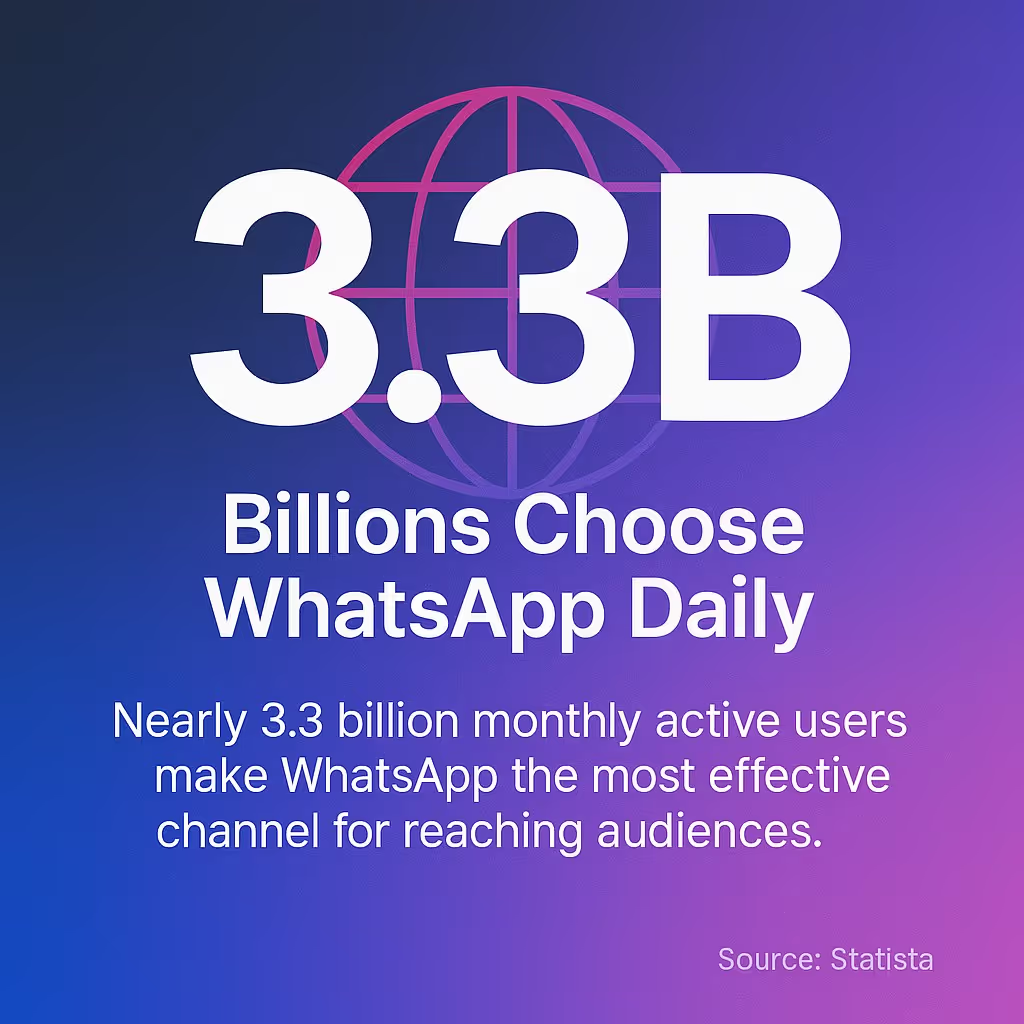
The platform's power lies in combining massive reach with personal touch. Businesses can send promotional offers, answer customer questions instantly, and nurture relationships through ongoing conversations. Whether you're launching products, collecting feedback, or reducing cart abandonment, WhatsApp creates opportunities that email alone cannot match. The key is understanding how to leverage this channel properly whilst respecting customer preferences and regulatory requirements.
This guide walks you through building an effective WhatsApp marketing strategy. You'll learn how to set up your business profile properly, create campaigns that customers actually welcome, and measure results that matter. We'll address common concerns about legality and limitations, then show you practical ways to integrate WhatsApp with your existing customer lifecycle marketing efforts for maximum impact.
Setting Up WhatsApp Business for Marketing Success
Creating a professional presence starts with choosing the right WhatsApp tool. WhatsApp Business offers a free app designed for small businesses, whilst WhatsApp Business API serves larger organisations needing advanced features and integration capabilities. Your business size and marketing complexity determine which option fits best.
Download the appropriate app and verify your business phone number during setup. This verification process ensures authenticity, building trust with customers from the start. Complete your business profile thoroughly, including your company name, description, address, website, and operating hours. This information appears when customers tap your profile, so accuracy matters.
Creating Your Business Profile
Your profile photo should feature your logo clearly visible against a simple background. Keep dimensions square for proper display across devices. The business description needs to communicate what you offer in 256 characters, so focus on your unique value rather than generic statements.
Add a catalogue if you sell physical products. This feature lets customers browse items, view prices, and ask questions without leaving WhatsApp. Each product entry should include clear photos, accurate descriptions, and current pricing. Update this catalogue regularly to reflect inventory changes and new offerings.
Configuring Automated Messages
Set up greeting messages that welcome new contacts automatically. These messages should thank customers for reaching out and set expectations for response times. Keep greetings friendly yet professional, matching your brand voice. Away messages help manage customer expectations when you're offline, preventing frustration from delayed responses.
Quick replies save time on frequently asked questions. Create templates for common queries about shipping, returns, pricing, and product availability. This efficiency lets you handle more conversations without sacrificing quality. Test these automated elements before launching, ensuring they flow naturally and provide genuine value.
Building Your Contact List Through Proper Opt-Ins
WhatsApp marketing requires explicit permission from every contact. You cannot purchase lists or add customers without consent, as this violates platform policies and risks account suspension. Understanding opt-in requirements protects your business whilst building a genuinely interested audience.
Create clear opt-in opportunities across your existing channels. Add WhatsApp sign-up forms to your website, mentioning specific benefits like exclusive offers or faster support. Include WhatsApp as an option during checkout, letting customers choose their preferred communication method. Email subscribers might also welcome WhatsApp updates, so offer this choice in your welcome email sequences.
Transparent Permission Requests
Your opt-in language must explain exactly what customers receive. Vague promises frustrate subscribers, whilst specific benefits attract the right audience. Instead of "Get updates," try "Receive weekly product launches and exclusive 20% discount codes." This clarity helps customers decide whether your WhatsApp content matches their interests.
Document every opt-in with timestamps and context. Save records showing where customers subscribed and what they agreed to receive. These records prove compliance if questions arise later. Store this information securely, following data protection regulations applicable to your region.
Making Opt-Out Simple
Provide straightforward unsubscribe options in every broadcast message. Customers should simply reply with "STOP" or similar keywords to cease receiving marketing communications. Process these requests immediately, removing contacts from broadcast lists within 24 hours. This respect for customer preferences builds long-term brand reputation.
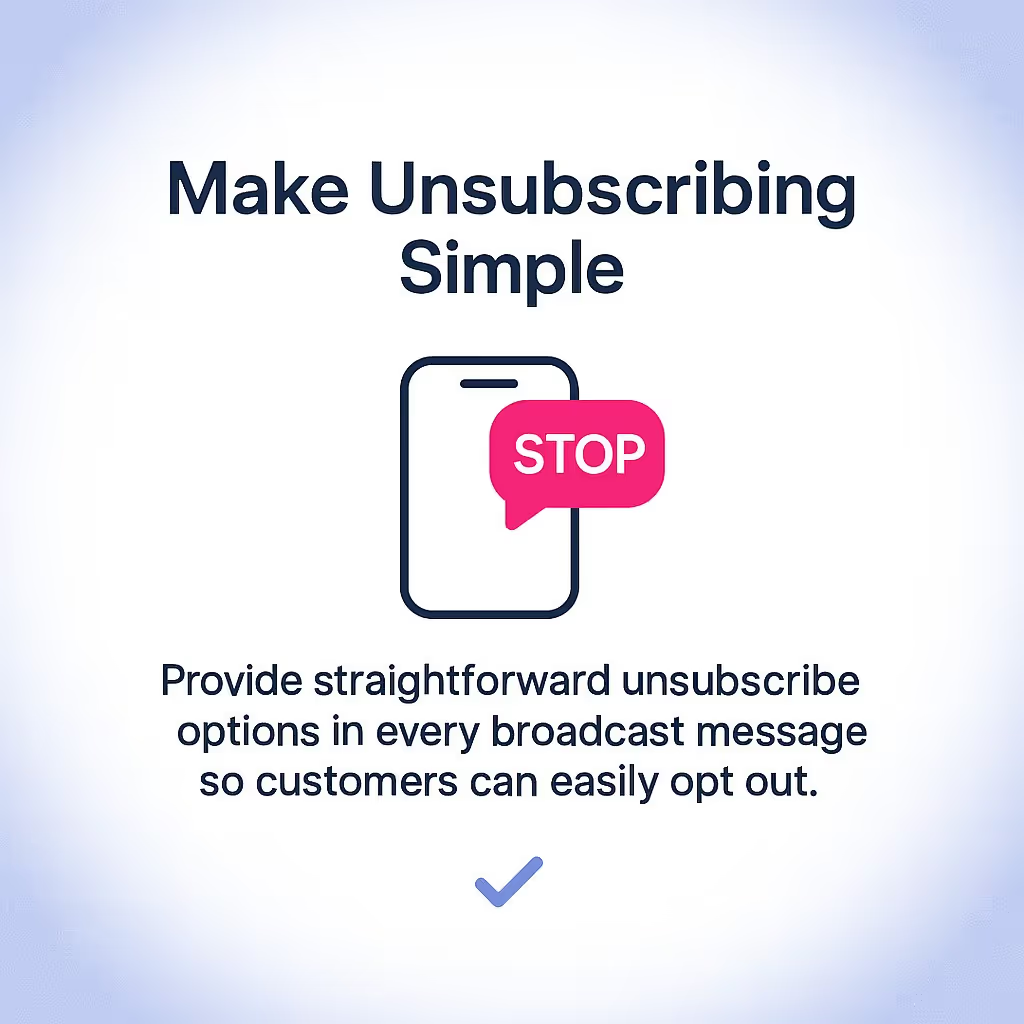
List Building MethodImplementation ApproachExpected QualityWebsite Sign-Up FormsAdd dedicated WhatsApp forms with clear benefitsHigh quality, engaged subscribersCheckout Opt-InsInclude WhatsApp preference during purchase processModerate quality, transactional focusSocial Media CTAsShare WhatsApp link in bio with compelling reasonVariable quality, requires nurturingEmail List MigrationInvite existing subscribers with exclusive incentiveHigh quality, established relationshipIn-Store PromotionsOffer immediate discount for WhatsApp sign-upModerate quality, needs follow-up
Crafting Engaging WhatsApp Marketing Campaigns
Effective WhatsApp campaigns balance promotional content with genuine value. Customers tolerate marketing when it serves their interests, so focus on solving problems rather than merely pushing products. This approach keeps subscribers engaged whilst driving sales naturally.
Start with personalized product recommendations based on purchase history or browsing behaviour. Reference specific items customers viewed, offering complementary products or alerting them to price drops. This relevance makes marketing feel helpful rather than intrusive. Segment your audience by interests, purchase patterns, and engagement levels for better targeting.
Timing Your Messages Strategically
Send messages during appropriate hours, respecting different time zones across your audience. Early mornings and late nights risk annoying customers, damaging your brand reputation. Test different sending times, tracking which windows generate best engagement for your specific audience.
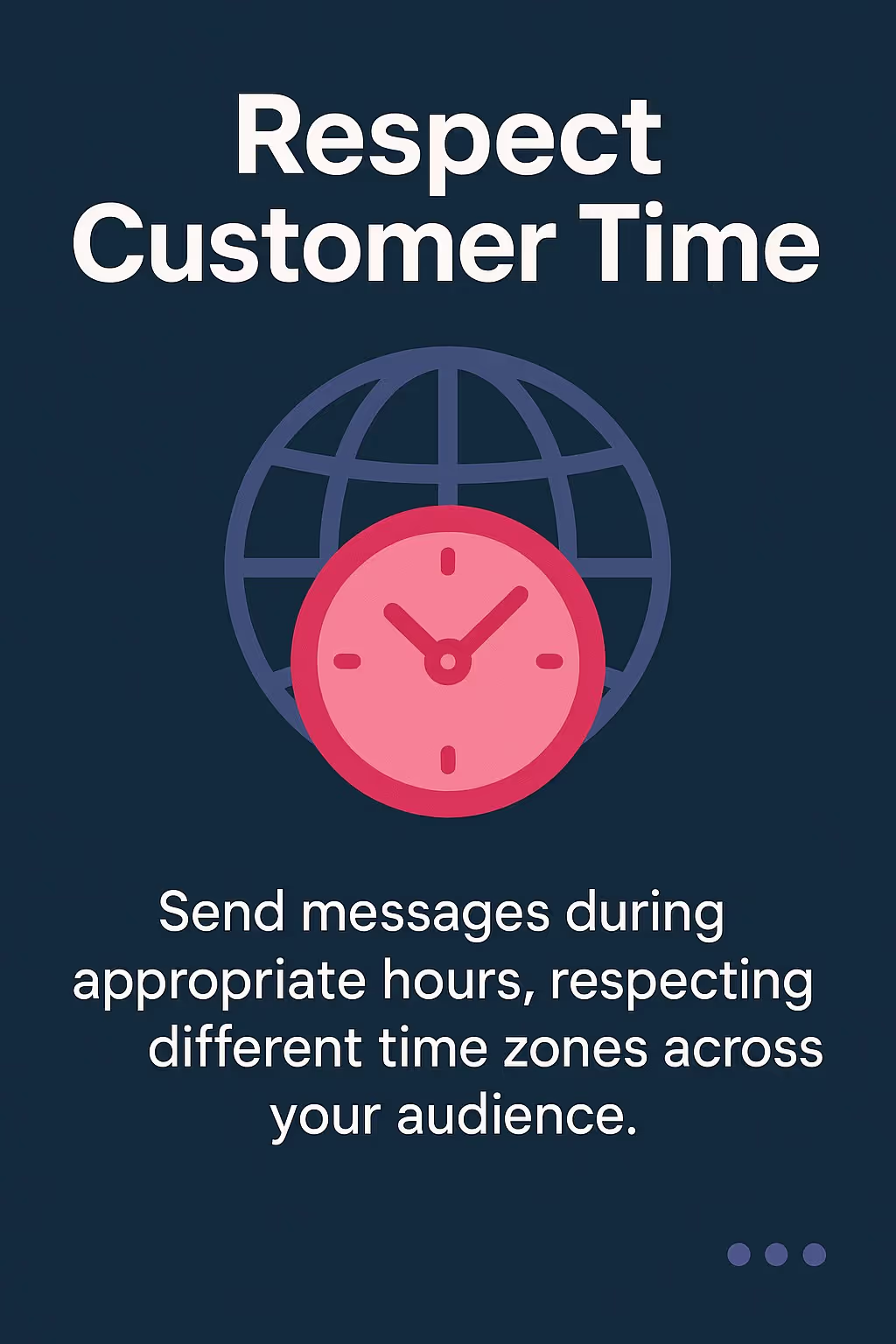
Frequency matters tremendously for subscriber retention. Daily messages overwhelm most audiences, leading to quick opt-outs. Weekly or bi-weekly broadcasts work better for promotional content, whilst transactional messages can follow natural triggers like cart abandonment or delivery updates. Monitor unsubscribe rates closely, adjusting frequency when you notice increases.
Creating Valuable Content Types
Product launches benefit from exclusive preview access for WhatsApp subscribers. Share new items 24 hours before public release, making subscribers feel special. Include clear product photos, key features, and direct purchase links. This exclusivity rewards subscribers for their attention whilst driving immediate sales.
Educational content builds authority whilst keeping subscribers engaged between promotions. Share quick tips related to your products, how-to guides, or industry insights. Keep these messages concise, as lengthy texts discourage reading. Video content performs particularly well, showing product demonstrations or answering common questions.
Flash sales create urgency through time-limited offers sent exclusively via WhatsApp. Announce these sales with clear deadlines and discount codes, making redemption simple. This strategy works best when used sparingly, maintaining special status for WhatsApp-only deals. For more WhatsApp marketing ideas that boost engagement, consider seasonal campaigns and customer milestone celebrations.
Leveraging WhatsApp Features for Better Engagement
WhatsApp offers tools beyond basic messaging that enhance customer interactions. Status updates work similarly to social media stories, letting you share temporary content that disappears after 24 hours. Use this feature for behind-the-scenes glimpses, limited-time offers, or product teasers that create curiosity without cluttering customer chats.
Group chats enable community building around your brand. Create groups for loyal customers, VIP members, or product enthusiasts who want deeper engagement. These communities foster peer-to-peer recommendations whilst giving you direct feedback channels. Moderate groups carefully, ensuring conversations stay positive and productive.
Implementing Chatbot Automation
Chatbots handle routine inquiries 24/7, improving response times without increasing staff costs. Programme bots to answer frequently asked questions, check order status, or guide customers through simple troubleshooting. This automation works best for straightforward queries, whilst complex issues should escalate to human agents smoothly.
Design conversation flows that feel natural rather than robotic. Use friendly language matching your brand voice, and acknowledge customer frustration when appropriate. Always provide clear paths to human support, as customers appreciate knowing real help remains available when needed.
Using Multimedia Effectively
Images grab attention faster than text alone. Share high-quality product photos showing items from multiple angles. Include lifestyle shots demonstrating products in use, helping customers visualise ownership. Compress images appropriately to avoid slow loading on mobile connections.
Video messages add personality to your communications. Record short videos introducing new products, demonstrating features, or sharing customer testimonials. Keep videos under 60 seconds for best engagement, as longer content often goes unwatched. Add captions for viewers watching without sound.
Voice messages create intimate connections, especially for personalised customer service. Use voice when written explanations become too lengthy, or when tone matters for sensitive situations. This human touch differentiates your service from competitors relying solely on text.
WhatsApp FeatureBest Marketing UseEngagement BenefitBroadcast ListsSend promotions to multiple contacts individuallyPersonal feel maintains intimacyStatus UpdatesShare temporary offers and behind-scenes contentCreates urgency and exclusivityGroup ChatsBuild communities for loyal customersEncourages peer recommendationsChatbotsAnswer common questions instantlyImproves response time and satisfactionCatalogueShowcase products with pricesEnables browsing without leaving app
Measuring WhatsApp Marketing Performance
Tracking the right metrics reveals what works and what needs improvement. Start with delivery rates, ensuring messages actually reach subscribers. Low delivery rates might indicate blocked contacts or technical issues requiring immediate attention. Monitor these numbers weekly, investigating sudden drops promptly.
Read rates show how many recipients opened your messages. Whilst WhatsApp doesn't provide detailed analytics like email platforms, you can estimate engagement through read receipts when enabled. Compare read rates across different message types and sending times, identifying patterns that inform future campaigns.
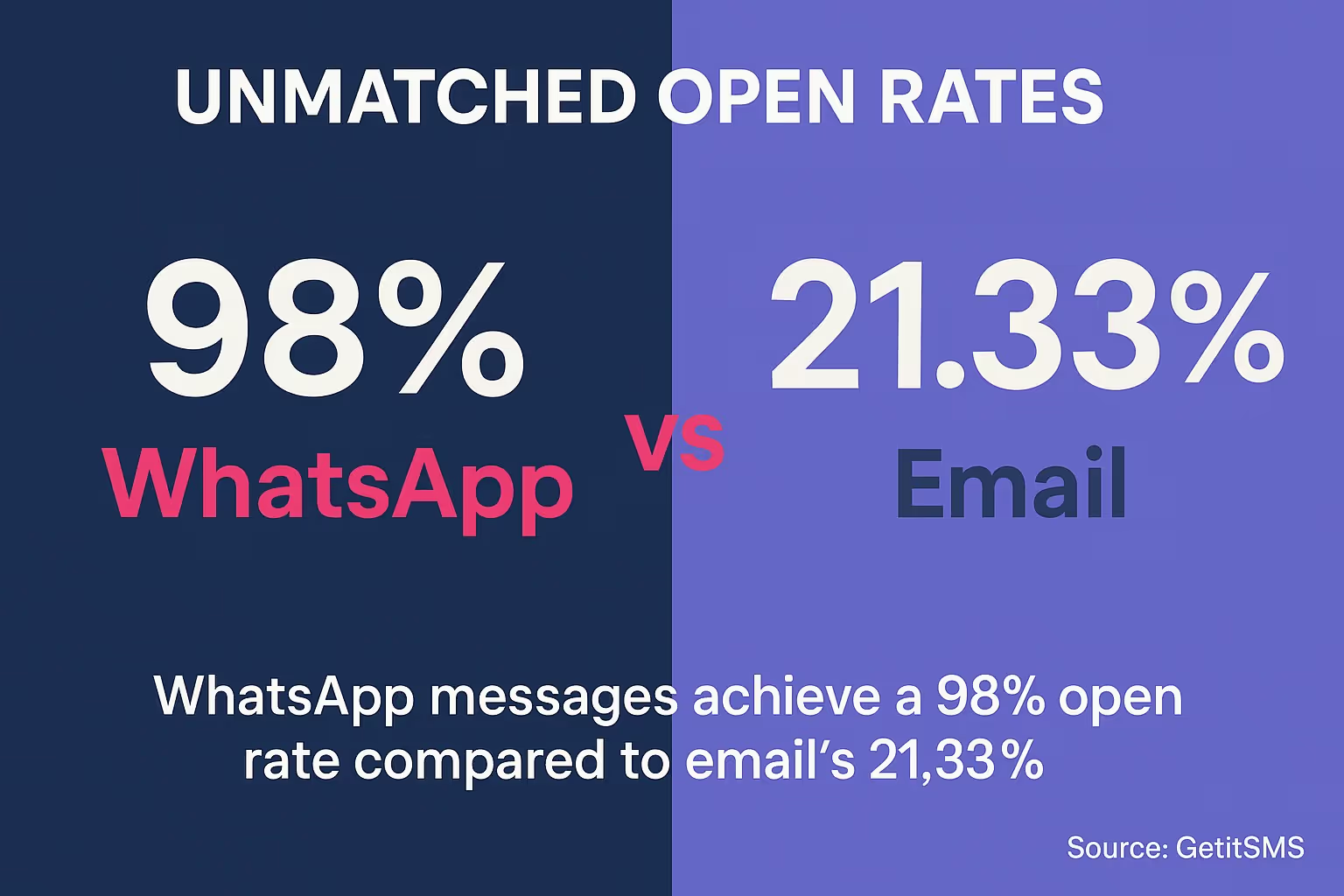
Tracking Conversion and Revenue
Link clicks indicate interest in your offers. Use trackable URLs for every product link or promotion, attributing sales accurately to WhatsApp campaigns. Tools like Bitly or Google Analytics help measure click-through rates and subsequent actions. This data proves WhatsApp's contribution to revenue, justifying continued investment.
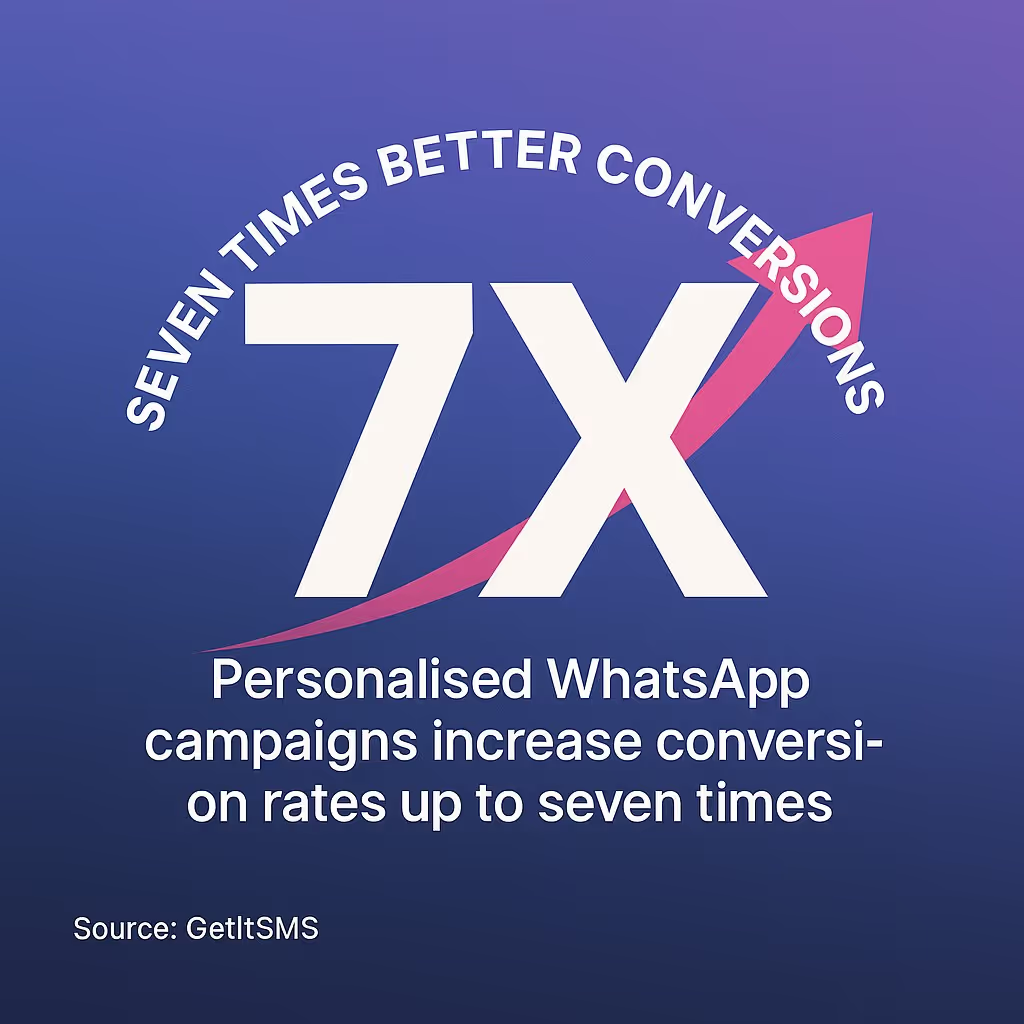
Calculate revenue per message by dividing total sales from WhatsApp campaigns by messages sent. This metric helps compare WhatsApp performance against other channels like email or SMS. Factor in costs including staff time and any paid tools when determining true ROI.
Monitoring List Health
Unsubscribe rates signal content quality and frequency appropriateness. Rates above 2% per campaign suggest problems requiring investigation. Review recent messages for potential issues like excessive frequency, irrelevant content, or poor timing. Address problems quickly before losing more subscribers.
Engagement trends over time reveal whether your strategy maintains subscriber interest. Track metrics monthly, looking for gradual improvements or concerning declines. Seasonal patterns affect engagement, so compare current performance against previous year's same period for accurate context. Similar to email marketing reengagement tactics, consider targeted campaigns to win back inactive WhatsApp subscribers.
Legal Requirements and Limitations
WhatsApp marketing operates within strict regulatory frameworks that protect consumers. Compliance begins with understanding these requirements before launching any campaigns. Violations risk account termination and potential legal penalties, making proper education essential.
Data protection laws like GDPR require explicit consent before sending marketing messages. This means customers must actively opt in, and pre-checked boxes don't satisfy legal requirements. Document every permission granted, storing records that prove compliance if authorities request verification.
Navigating WhatsApp's Policies
WhatsApp prohibits certain business practices regardless of local laws. Automated mass messaging through unofficial tools violates terms of service, potentially triggering permanent bans. Stick with official WhatsApp Business tools or approved API providers to maintain account security.
Content restrictions prevent spam and protect users from harmful material. Avoid misleading claims, excessive promotional language, or content unrelated to your stated business purpose. Review WhatsApp's Commerce Policy regularly, as rules evolve to address emerging issues.
Recognising Platform Limitations
WhatsApp Business App restricts broadcast lists to 256 contacts simultaneously. This limitation affects scaling efforts, pushing larger businesses toward the API solution. Single-device access means only one team member can manage the account at a time, complicating customer service operations.
Security considerations differ from enterprise platforms. WhatsApp lacks dedicated business-grade data protection beyond standard end-to-end encryption. Mixing personal and business communications on the same device creates privacy risks. Administrative controls remain limited compared to professional marketing platforms, making team coordination challenging as you grow.
Integration capabilities vary significantly between the free app and paid API. The basic app offers minimal connections to other business tools, whilst the API enables proper CRM integration and automated workflows. Budget for professional solutions when WhatsApp becomes central to your marketing strategy.
Integrating WhatsApp with Your Marketing Strategy
WhatsApp works best alongside other channels rather than replacing them entirely. Email remains superior for detailed newsletters and long-form content, whilst WhatsApp excels at urgent communications and conversational engagement. Understanding each channel's strengths creates a balanced approach that maximises results.
Connect WhatsApp to your customer lifecycle strategy by mapping appropriate touchpoints. Welcome new customers through WhatsApp after purchase, offering immediate support access. Send order confirmations and shipping updates via the channel customers prefer, reducing anxiety through proactive communication. Post-purchase follow-ups through WhatsApp feel more personal than automated emails, encouraging reviews and repeat purchases. Learn more about delighting customers post-purchase through multiple channels.
Cross-Channel Campaign Coordination
Promote WhatsApp sign-ups through email campaigns, offering exclusive benefits unavailable elsewhere. This migration builds your WhatsApp list whilst giving email subscribers additional value. Test different incentives like early access, special discounts, or priority customer service to determine what resonates most.
Reference WhatsApp conversations in email follow-ups when appropriate, creating seamless experiences across platforms. If a customer asked about a product via WhatsApp, send detailed specifications through email where formatting and attachments work better. This coordination shows you remember previous interactions, building stronger relationships.
Leveraging CRM Integration
Connect WhatsApp conversations to your CRM system for complete customer histories. Tools like Salesforce or HubSpot offer WhatsApp integrations through the Business API. This connectivity ensures sales teams access relevant conversation context before calls, whilst support agents see previous issues without asking customers to repeat themselves.
Trigger WhatsApp messages based on CRM data and customer behaviour. Send abandoned cart reminders when customers leave items unpurchased for 24 hours. Alert high-value customers about relevant new products matching their purchase history. This automation creates timely, relevant communications without manual effort. Similar to triggered email strategies, automated WhatsApp messages based on behaviour significantly boost engagement.
Advanced WhatsApp Marketing Tactics
Mature WhatsApp strategies move beyond basic broadcasts into sophisticated customer engagement. Conversational commerce lets customers complete purchases entirely within WhatsApp, eliminating friction from the buying process. Share product catalogues, answer questions, and process orders without redirecting to external websites.
Customer service integration transforms WhatsApp into your primary support channel. Train teams to handle inquiries professionally whilst maintaining conversational tone. Use WhatsApp's built-in features like message templates for common responses, but personalise each interaction appropriately. Quick response times become competitive advantages, as customers increasingly expect immediate attention.
Creating VIP Customer Experiences
Segment your most valuable customers into exclusive WhatsApp groups or broadcast lists. Share premium content, early product access, or special pricing unavailable to general subscribers. This recognition makes top customers feel valued, strengthening loyalty and increasing lifetime value.
Personalise communication depth based on customer value. High-value customers might receive individual attention from account managers via WhatsApp, whilst general subscribers receive automated broadcasts. This tiered approach scales your efforts efficiently whilst delivering appropriate service levels.
Implementing Feedback Loops
Collect customer feedback through WhatsApp conversations naturally. Ask for opinions after purchases, requesting honest reviews about products and service. This informal approach often yields more detailed responses than automated email surveys, as the conversational format encourages elaboration.
Use feedback to improve products, services, and marketing strategies. Share customer insights with product development teams, closing the loop between marketing and innovation. This responsiveness demonstrates that customer opinions matter, building stronger emotional connections to your brand.
Common WhatsApp Marketing Challenges and Solutions
Scaling poses the biggest challenge for growing businesses. The free WhatsApp Business app's limitations become apparent quickly, forcing migration to API-based solutions. Plan this transition early, researching providers and understanding costs before constraints hamper your operations.
Message fatigue affects even opted-in subscribers when frequency exceeds their tolerance. Combat this by surveying customers about preferred communication frequency. Offer preferences during sign-up, letting subscribers choose between daily tips, weekly offers, or monthly updates. Respect these choices consistently, as broken promises damage trust irreparably.
Managing Team Collaboration
Single-device access complicates team-based customer service. Multiple people need account access, but only one can use the app simultaneously. Solutions include dedicated devices passed between shifts, or upgrading to API solutions with multi-user capabilities. Document procedures clearly, ensuring smooth handoffs between team members.
Maintain consistent brand voice across team members managing your WhatsApp account. Create response guidelines covering common scenarios, including approved phrasing and tone. Regular training sessions keep everyone aligned, preventing jarring inconsistencies that confuse customers.
Handling Negative Interactions
Difficult customers occasionally vent frustrations through WhatsApp, expecting immediate resolution. Train teams in conflict de-escalation techniques, emphasising empathy and solution-focus. Move complex issues to phone calls when text communication fails, showing commitment to proper resolution.
Protect your team from abusive behaviour by establishing clear policies. Customers using profanity or threats receive warnings before account blocking. Document incidents thoroughly, supporting team members who face harassment. This protection maintains morale whilst setting appropriate boundaries.
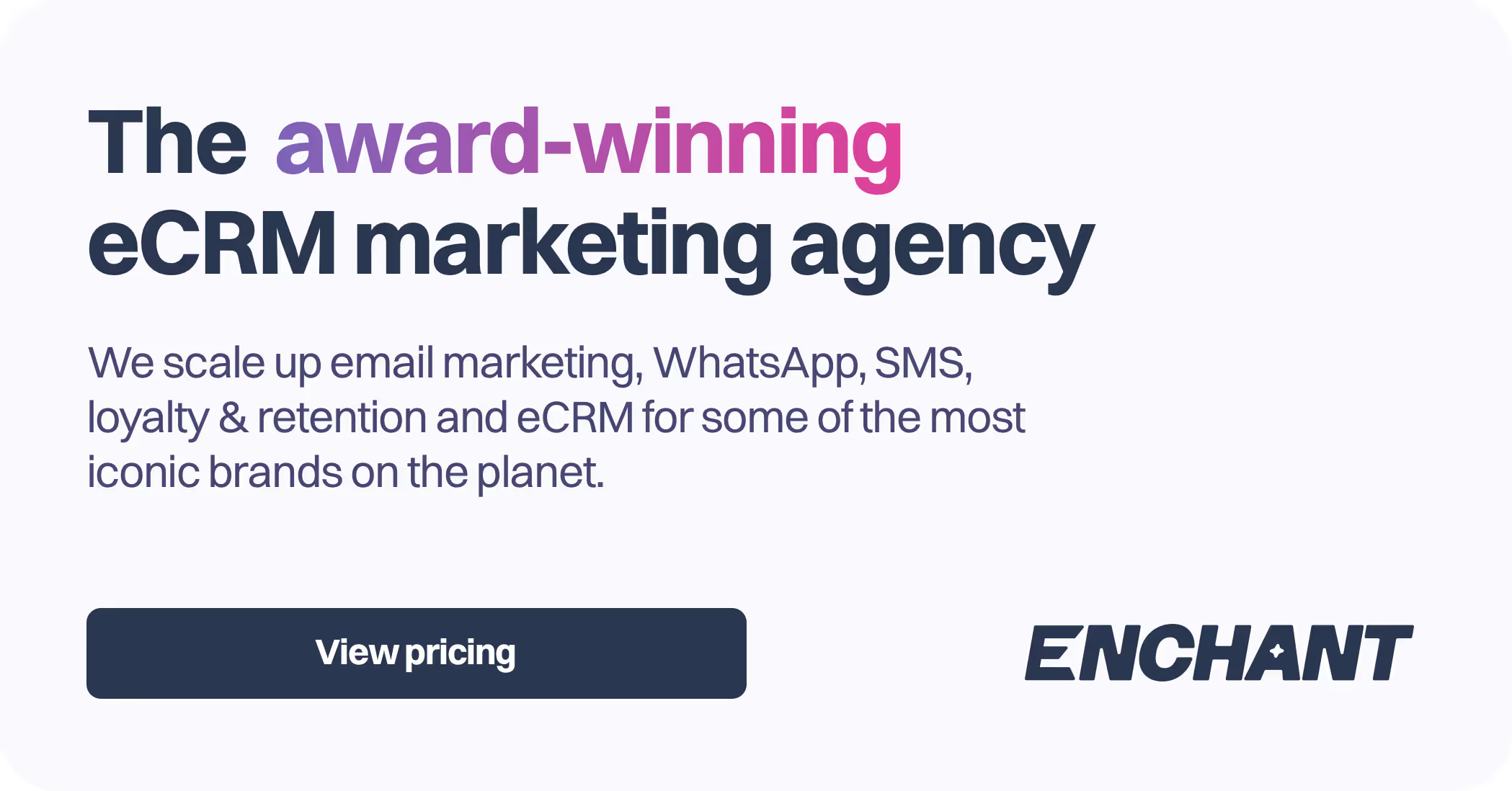
Quick Answers to Common Questions
What are the disadvantages of WhatsApp marketing?
WhatsApp marketing faces several limitations that businesses should understand. The platform restricts device access per business account, making team collaboration difficult without API solutions. Mixing personal and business communications creates security concerns, whilst insufficient administrative controls complicate professional management as teams grow.
Is WhatsApp marketing legal?
WhatsApp marketing remains legal when businesses comply with platform policies and data protection regulations. Obtain explicit customer opt-in consent before sending marketing messages. Follow GDPR requirements if operating in applicable regions, documenting permissions carefully. Violations risk account suspension and potential legal penalties.
Is WhatsApp used for advertising?
Businesses actively use WhatsApp for advertising through direct messaging and promotional broadcasts. Companies send offers, product updates, and marketing campaigns to opted-in customers. WhatsApp Business provides tools supporting these activities, making it an effective channel for customer engagement when used properly.
Taking Your WhatsApp Marketing Forward
WhatsApp marketing success comes from treating the platform as a conversation channel rather than a broadcast tool. Focus on building genuine relationships through valuable content and responsive service. Respect customer preferences consistently, maintaining the trust that makes people welcome your messages.
Start small if you're new to WhatsApp marketing. Set up your business profile properly, then focus on growing a quality contact list through legitimate opt-ins. Test different message types and frequencies, learning what resonates with your specific audience before scaling efforts. This measured approach prevents costly mistakes whilst building sustainable foundations.
Monitor performance metrics closely, adjusting strategies based on real data rather than assumptions. What works for other businesses might not suit your audience, so remain flexible and responsive. The most successful WhatsApp marketers constantly experiment, keeping successful tactics whilst quickly abandoning underperformers.
Consider upgrading to API solutions once you outgrow the free app's limitations. This investment enables better team collaboration, CRM integration, and automation capabilities that unlock WhatsApp's full potential. Calculate ROI carefully, ensuring revenue justifies additional costs before committing to premium tools.
Your WhatsApp strategy should evolve alongside your business and customer expectations. Stay informed about platform updates and regulatory changes affecting marketing practices. This awareness keeps you compliant whilst taking advantage of new features as they launch. The businesses winning with WhatsApp marketing share a commitment to continuous improvement and customer-first thinking.




.svg)
.avif)




